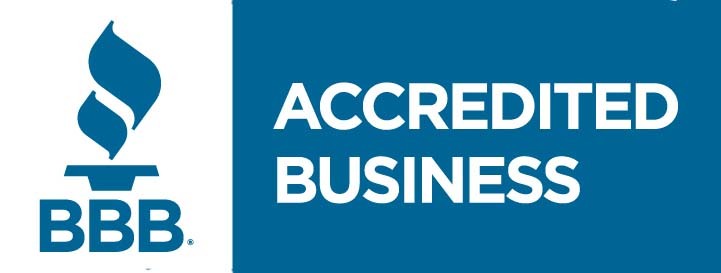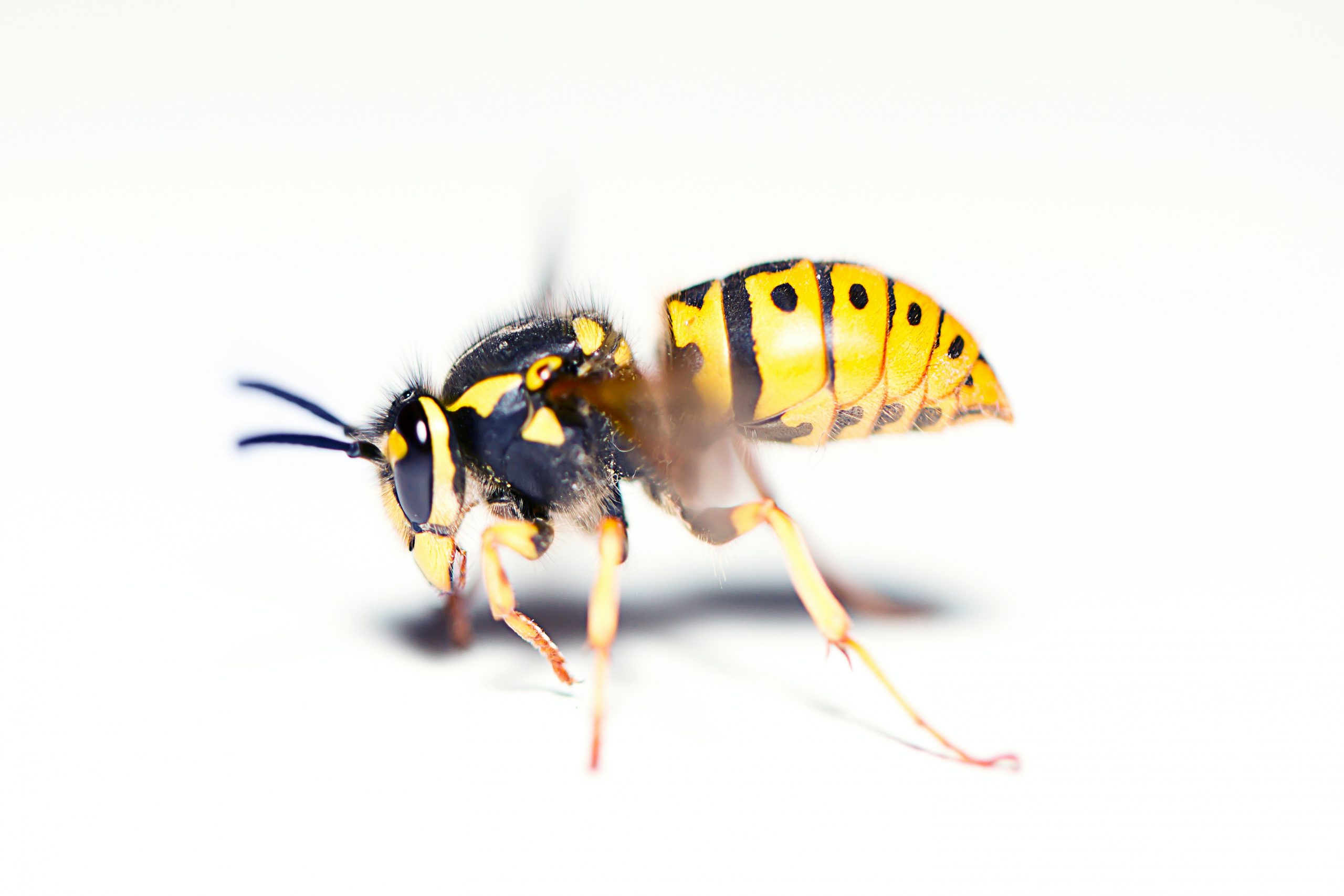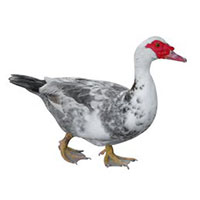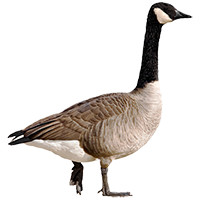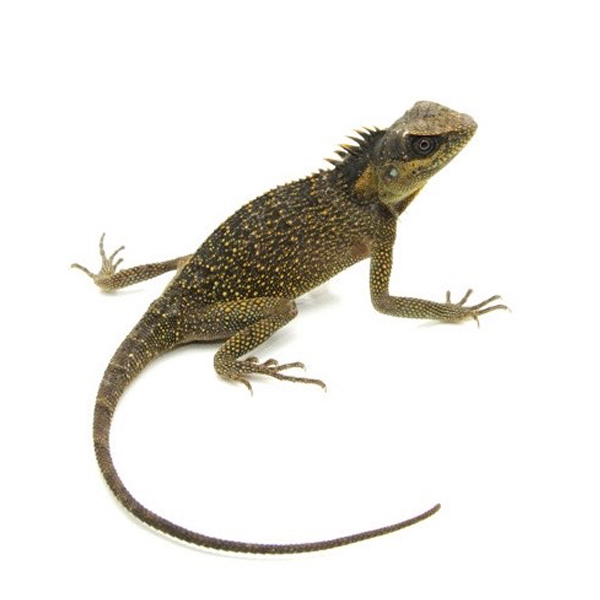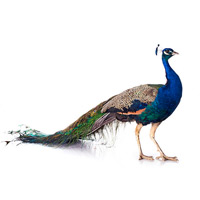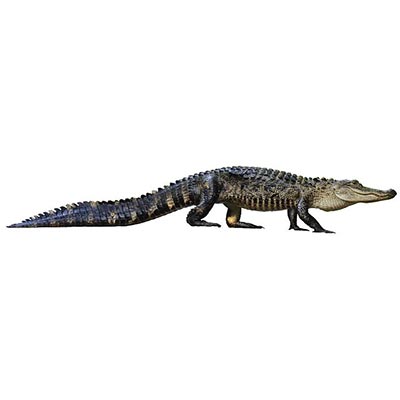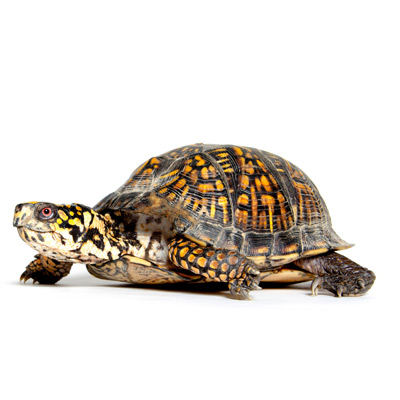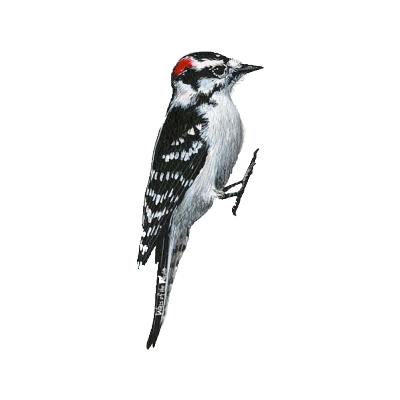Jacksonville’s Laws on Owning Chickens and the Role of Wildlife Removal Services
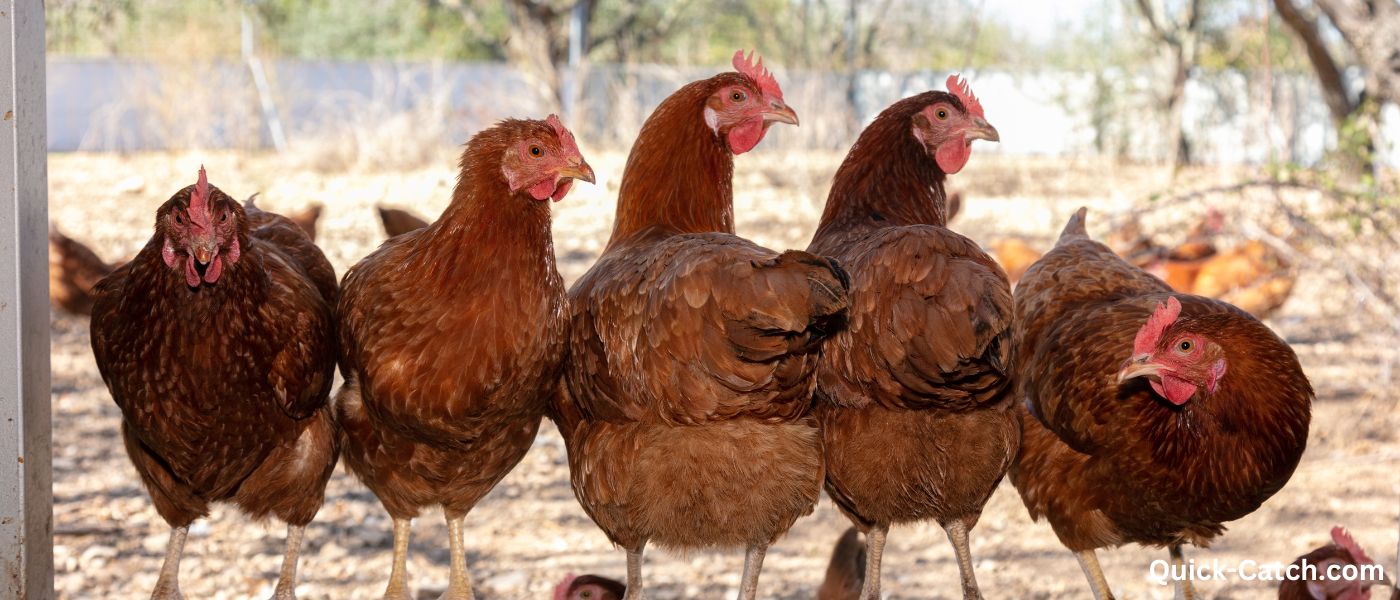
Raising backyard chickens has become increasingly popular in Jacksonville, Florida. However, with this rise in popularity comes a need for understanding local regulations and the potential challenges that can arise. This article explores the current laws regarding chicken ownership in Jacksonville, the common issues faced by chicken owners, and how wildlife removal services like Quick-Catch.com can assist.
Current Laws on Owning Chickens in Jacksonville
Jacksonville has specific regulations for keeping backyard chickens, which vary depending on the zoning of the property. Here are some key points:
- Residential Lots: Chickens are allowed on residential lots, with a maximum of five chickens permitted on lots that are one acre or less. Roosters are not allowed due to noise concerns.
- Coop Requirements: Chickens must be kept in a coop, fenced, or wired pen at all times. The coop should be located in the backyard and not visible from the street. Specific rules for coops and enclosures include:
- Chickens shall be kept in a coop or enclosure at all times.
- The coop shall be screened from view from the neighboring property by an opaque fence or visual barrier.
- Coops shall be located in the back yard except in the case of through lots.
- Chickens and coops are not permitted in front or side yards except as provided in the Zoning Code.
- Coops greater than 100 square feet in size require a building permit.
- Coops shall be covered, ventilated, and secured from predators.
- Coops shall provide a minimum of 3 square feet per chicken and be large enough to provide free movement.
- The maximum height of a coop is 6 feet.
- All stored feed shall be kept in a rodent and predator proof container.
- Chickens are prohibited on duplex, triplex, or other multi-family properties.
- Chickens are prohibited in mobile home/manufactured home parks, RV parks, or rental communities.
- Male chickens (roosters) are prohibited.
- Chickens shall be kept for personal use only. Breeding or selling chickens for commercial purposes is prohibited.
- The selling of chickens, eggs, or manure from the property is prohibited.
- Chickens shall not be allowed to trespass on neighboring properties.
- Coops and enclosures shall be maintained in a clean and sanitary condition at all times.
- A dog or cat that kills a chicken shall not, for that reason alone, be considered a dangerous or aggressive animal.
- Unwanted chickens shall not be released or taken to Animal Care and Protective Services.
- Unwanted chickens shall be taken to preapproved locations as determined by Animal Care and Protective Services.
- Coops and enclosures shall meet the zoning setback requirements for accessory structures (5-foot rear and side yard set-backs).
- The permit holder consents to inspection of their property upon complaint related to backyard hens. The Municipal Code Compliance Division shall be allowed to enter onto the property during a scheduled visit to ensure compliance with the applicable regulations, performance standards, and development criteria.
- Permit and Training: To legally keep chickens, residents must obtain a Backyard Hen Permit. This requires completing a Poultry Management Seminar offered by the Duval County Agricultural Extension Office.
Need Help Fast? Call (904) 530-0595Need Help Fast? Call (904) 530-0595
For more detailed information, you can refer to the City of Jacksonville’s official guidelines on backyard hens.
Challenges of Raising Chickens
While raising chickens can be rewarding, it also comes with challenges. One common issue is that people may move away and leave their chickens behind, leading to an increase in stray chickens. These stray chickens can multiply quickly, creating a nuisance and potential health hazard.
Need Chicken Removal Services?
This is where wildlife removal services like Quick-Catch.com come into play. Here’s how they can help:
- Humane Removal and Relocation: Quick-Catch.com specializes in the humane removal and relocation of chickens. They ensure that the chickens are safely and ethically handled, reducing the risk of harm to the animals and the community.
- Expertise and Equipment: Professional wildlife removal services have the expertise and equipment to handle chicken removal efficiently. This is particularly important in urban areas where chickens can be difficult to catch.
- Ongoing Support: Quick-Catch.com offers ongoing support and advice on preventing future issues, ensuring that your property remains chicken-free.
Understanding the laws and challenges associated with raising chickens in Jacksonville is crucial for responsible pet ownership. When issues arise, professional wildlife removal services like Quick-Catch.com provide the expertise and support needed to address them effectively. For more information on how Quick-Catch.com can assist with chicken removal and other wildlife issues, visit Quick-Catch.com.
Work with Professional Wildlife Removal Experts
Even if some of these creatures look gentle, it’s important to remember that they can be unpredictable. Some can also be dangerous, so you should leave them to expert wildlife removal service providers.
You can do your part to prevent them from infesting your home by regularly cleaning your attic, repairing sidings and roofs, and repairing insulation and other potential entryways.
However, when you have an infestation, it is best to have a trusted wildlife removal provider handle the situation. Quick Catch specializes in the safe and efficient removal of wildlife in attics and other spaces. Call us today at 904-859-6585.
Tags: animal removal
Read more posts from the Category Chicken Removal, Wildlife Removal.





